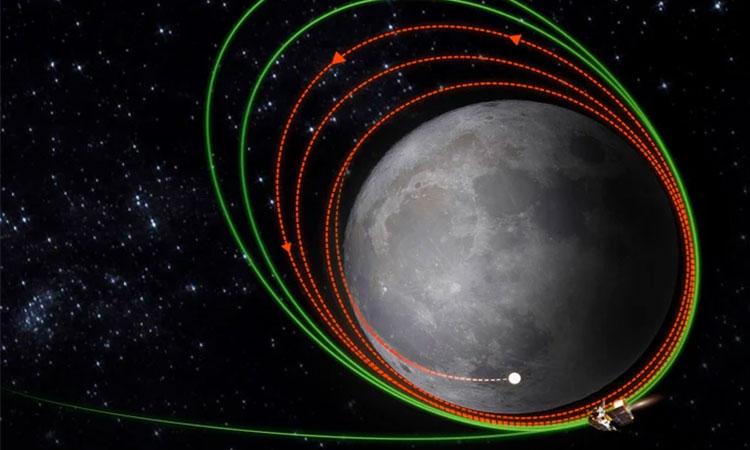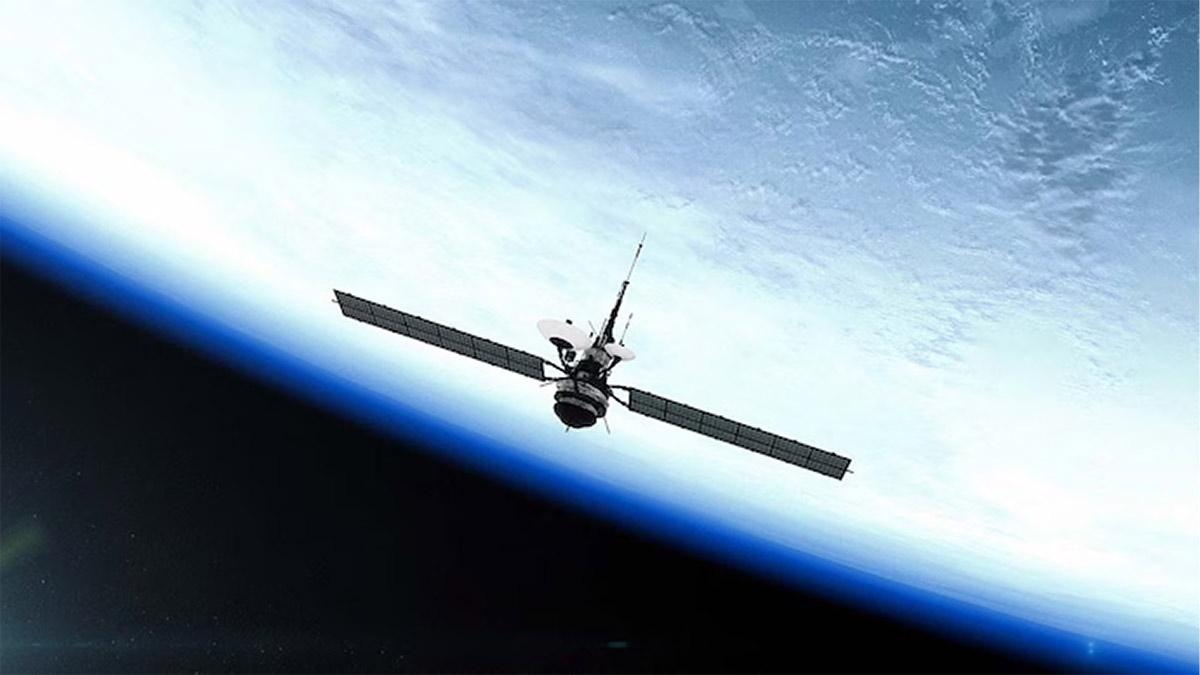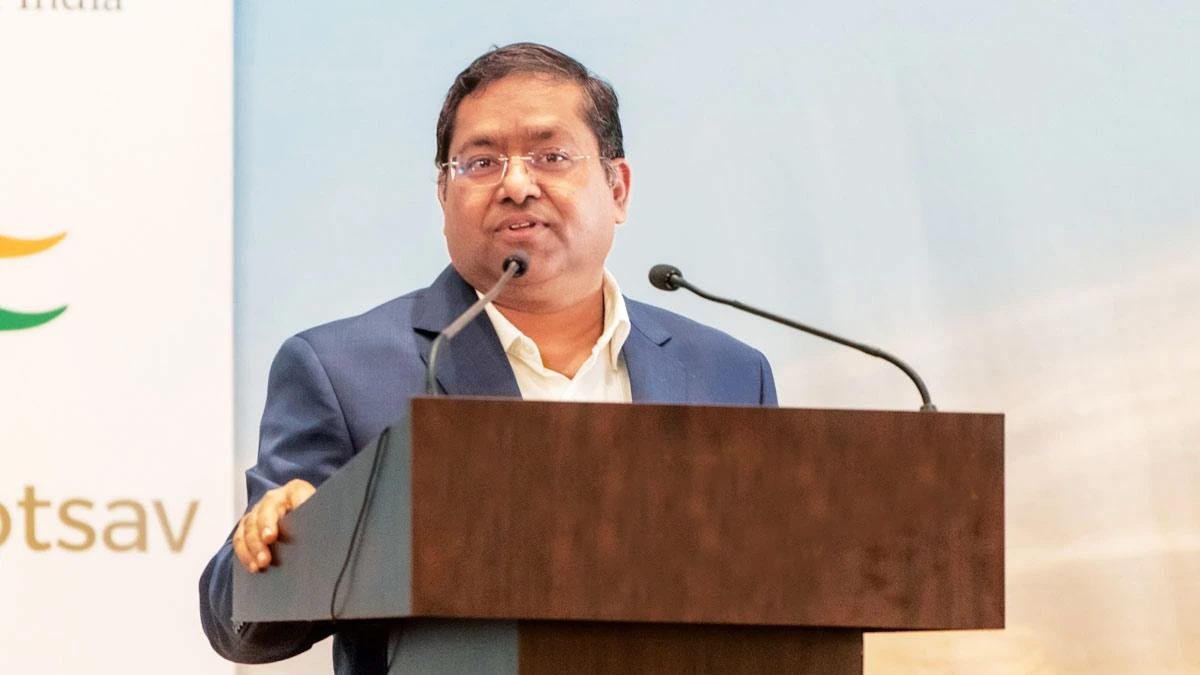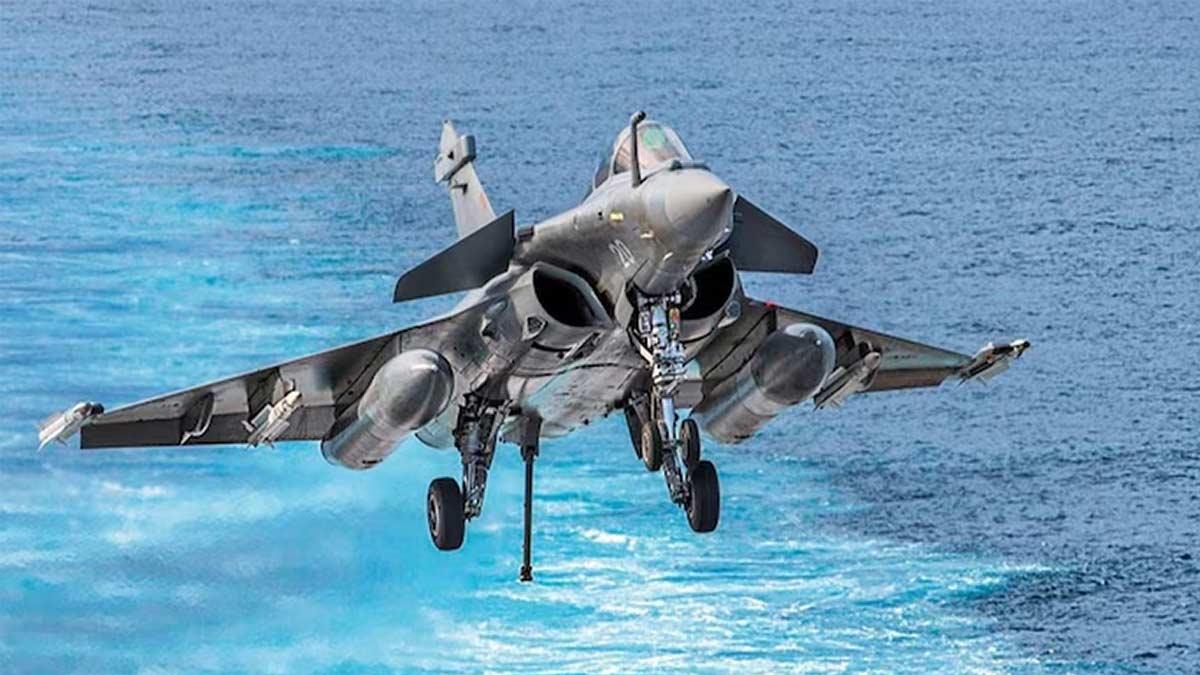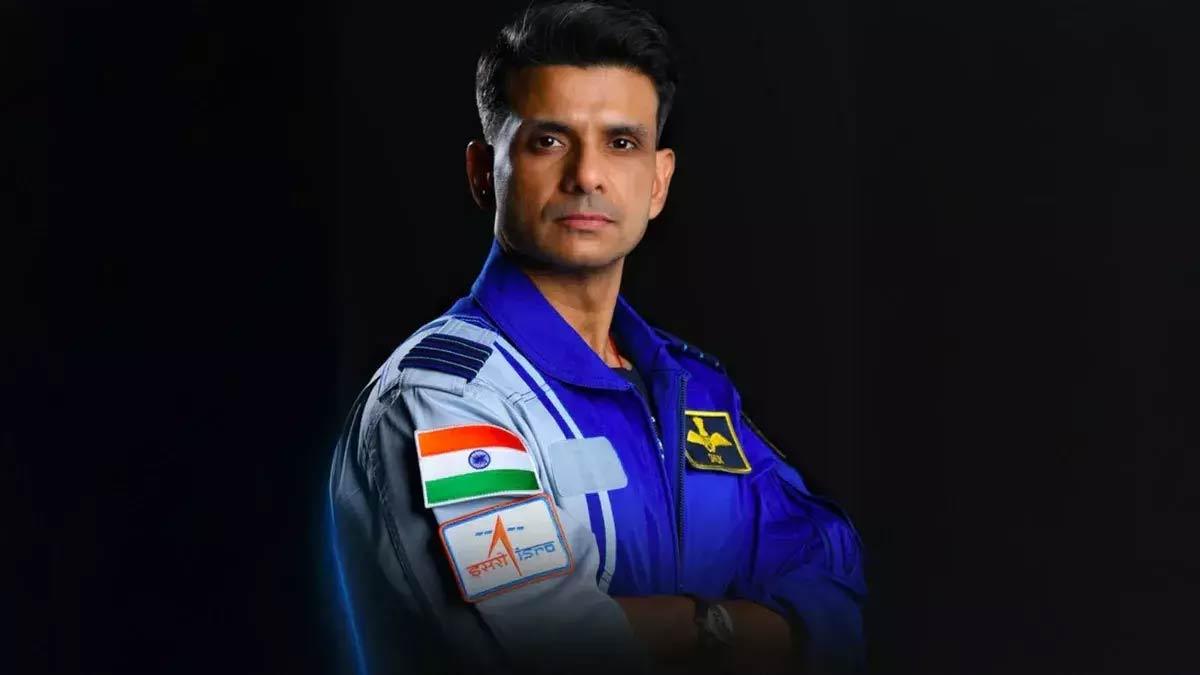The Indian space agency on Monday said the process of putting the Chandrayaan-3 spacecraft in a circular orbit around the moon has begun.
The spacecraft has moved further closer to the moon.
The Indian space agency also said its Aditya-L1 spacecraft -- the first space-based Indian observatory to study the Sun -- is getting ready for the launch.
“Orbit circularisation phase commences. Precise maneuvre performed today has achieved a near-circular orbit of 150 km x 177 km. The next operation is planned for August 16, 2023, around 0830 Hrs. IST,” Indian Space Research Organisation (ISRO) tweeted.
The spacecraft comprises a propulsion module (weighing 2,148 kg), a lander (1,723.89 kg) and a rover (26 kg).
On attaining the required orbit, the lander will get separated from the propulsion module and later expected to make a soft-landing near the South Pole of the moon on August 23 at 5.47 p.m.
The lander will descend to the moon from a height of about 100 km from the moon's surface. The soft landing is a tricky issue as it involves a series of complex manoeuvres consisting of rough and fine braking.
Imaging of the landing site region prior to landing will be done for finding safe and hazard-free zones. Subsequent to the soft landing, the six-wheeled rover will roll out and carry out experiments on the lunar surface for a period of one lunar day which is equal to 14 earth days.
The Chandrayaan-3 was put into orbit on July 14 in a copybook style by India's heavy lift rocket LVM3. The spacecraft completed orbiting around the earth and headed towards the moon on August 1. On that day a successful perigee-firing performed at ISTRAC, the ISRO had injected the spacecraft into the translunar orbit.
Be that as it may, ISRO also said its Aditya-L1 spacecraft- the first space-based Indian observatory to study the Sun, is getting ready for the launch.
“The satellite realised at the U R Rao Satellite Centre (URSC), Bengaluru has arrived at SDSC-SHAR (India’s rocket port), Sriharikota,” ISRO said.
ISRO will be sending up its Aditya-L1, a coronagraphy satellite, on a PSLV rocket to study the solar atmosphere towards the end of August or early September.
According to ISRO, the spacecraft will be placed into a halo orbit around the first Lagrange point, L1, of the Sun-Earth system.
The satellite around the L1 point has the major advantage of continuously viewing the Sun without occultation/eclipses.
The Aditya-L1 mission is slated to happen a couple of days after ISRO attempts to land on the lunar soil its lander that is being carried by the Chandrayaan-3 spacecraft.
Read also| Sudha Murty in NCERT's 19-member panel to develop new textbooks

